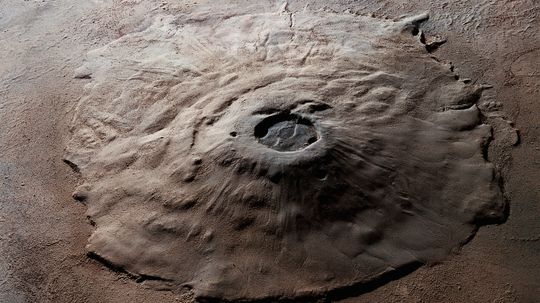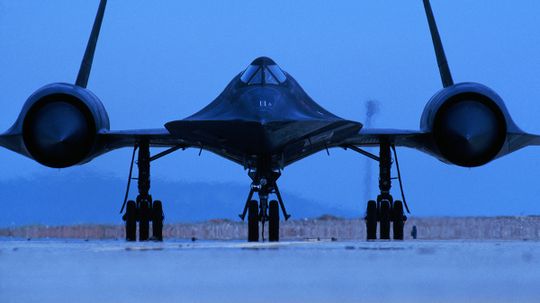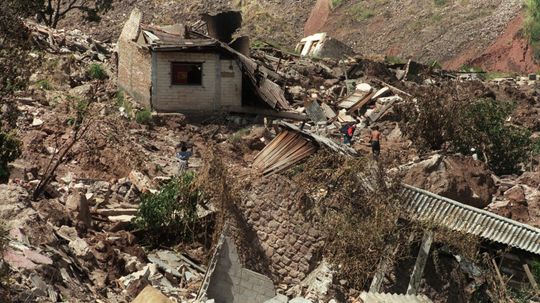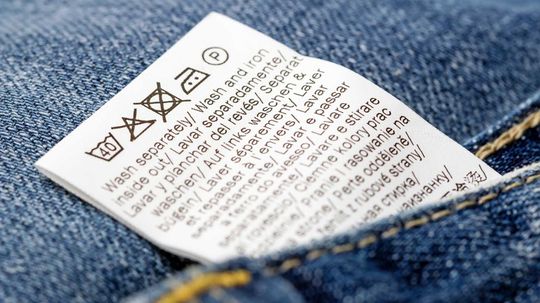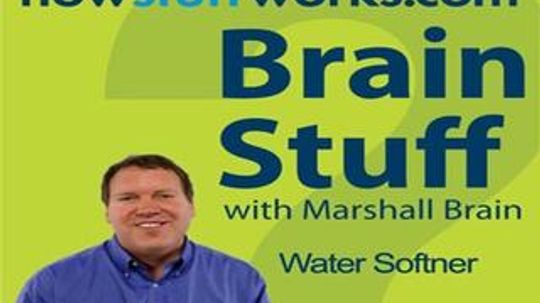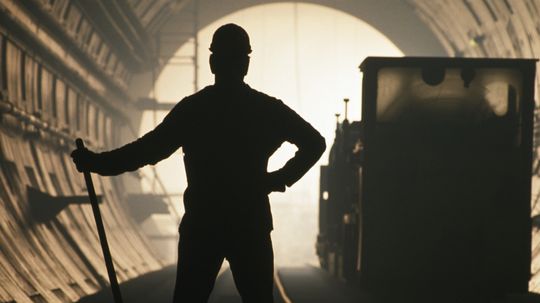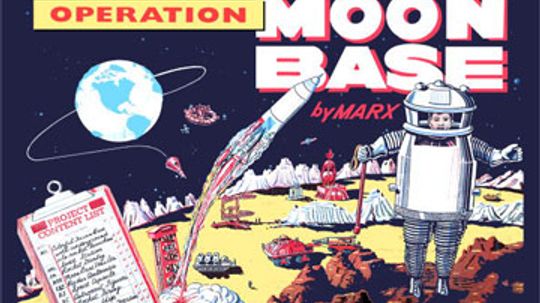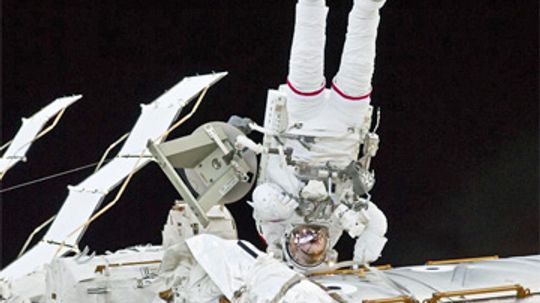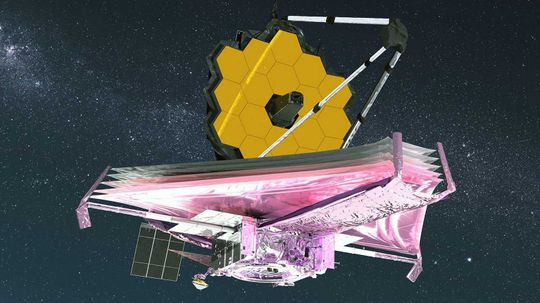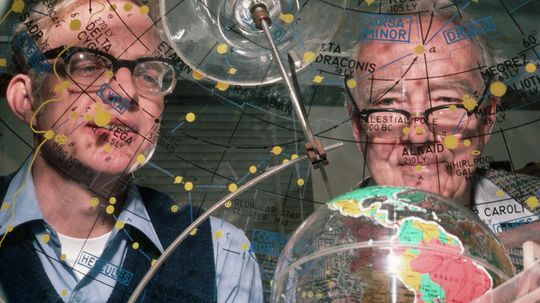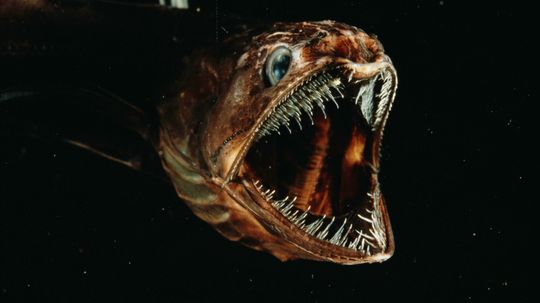Nicholas Gerbis is a freelance writer and editor specializing in science reporting and pop culture. He has written over 100 articles for HowStuffWorks on topics ranging from maggot therapy to the most destructive storms to the history of golf. He also writes for LiveScience and is the senior science correspondent with the KJZZ science and innovation desk.
Recent Contributions
Hop in your time machine, set the clock back a few thousand years and meet some woolly wonders. They even have a few things to teach us about the fate of modern elephants.
Fling away your Fodor's! Toss your TripAdvisor! We have the only guided tour of outer space you'll need -- a foray into the final frontier so ambitious it will make the Voyager probes' Grand Tours look like daytrips.
Imagine whipping through the sky at thousands of miles per hour. This special type of jet engine can do exactly that.
Advertisement
Before the scientific method came along, science dabbled in some pretty far-out ideas in its youth. Remember miasmas? And spontaneous generation? And the four elements?
Ever hear that saying that a cow lies down when rain is coming? This superstition may not be as udderly ridiculous as you think.
Witch homicide aside, Dorothy was lucky that her home safely traveled to Oz after the tornado. Many people who lived through the storms on our list were left with nothing.
The labels on your clothes have all types of laundry symbols on them. Here's what all those symbols mean.
Advertisement
Hard water can be a problem because it causes pipes to clog. Using a water softener can help solve this problem, but how does it work?
Underwater tunnels are so commonplace that we rarely think of the great dangers -- and extreme construction techniques -- these modern wonders require. With the opening of the Marmaray Tunnel in October 2013, it's time to take a second look.
If you step on a crack, you'll break your mother's back. Surely you know this jingle from childhood. It's a silly example of a correlation with no causation. But there are some real-world instances that we often hear, or maybe even tell?
We've all probably looked up and wondered why the sky is blue instead of, say, brown. The sky is blue because of the way Earth's atmosphere scatters light from the sun.
Advertisement
A lunar land rush is the most likely thing in the world (or, rather, out of it). As private companies gaze spaceward with dollar signs in their eyes, it's time to start settling some questions about space ownership, use and management.
Since the 1960s, we've been captivated by the planet Mars. How different is our neighbor, and what have we learned about the most explored planet?
Until a certain female NASA mission specialist unwittingly propelled adult diapers into the media spotlight, we never gave this question much thought. How else has the space agency changed the business of elimination?
Mathematics achieves the sublime. Sometimes, as with tessellations, it rises to art. In their simplest form, tessellations consist of a single shape that repeats over a two-dimensional plane without any gaps. Why was M.C. Escher so fixated on them?
Advertisement
There's no question that people are interested in solar energy. The problem has been how to store it. Could the much-hyped Powerwall home battery change that scenario?
You likely heard that paleontologists uncovered a cache of dinosaur embryos, bone fragments and eggshells in China. You also may recall that we've made crazy leaps forward in genetics and genomics. Can we put the two together and create a dinosaur?
NASA's James Webb Space Telescope will look back in time to see the earliest stars in creation, and serve as the premier deep space observatory for the next decade. Ready to meet the mighty Webb?
It's a pretty straightforward question with an obvious answer, right? Well, yes, until you start peering at both federal and state laws. That's when things start to get interesting.
Advertisement
Ask a card-carrying member of the NRA and you'll get one answer. Ask a member of Everytown for Gun Safety and you'll get another. We look at the research that underlies this controversial topic.
He built President Eisenhower an indoor golf-training machine, analyzed the Zapruder film and searched for an Egyptian pyramid's treasure chamber using cosmic rays. Aren't you dying to meet this wide-ranging scientist?
Pheromones are a powerful means of controlling behavior among members of a social group or species. They can indicate danger, territory or even readiness to mate. But what exactly are pheromones, anyway?
There's little we can imagine that Mother Nature hasn't already dreamed up in one of her fouler moods. Care to meet some creatures with frightful features?
Advertisement
Identity errors have led to a range of awfulness, from lengthy prison sentences to the wrong person being declared dead.

